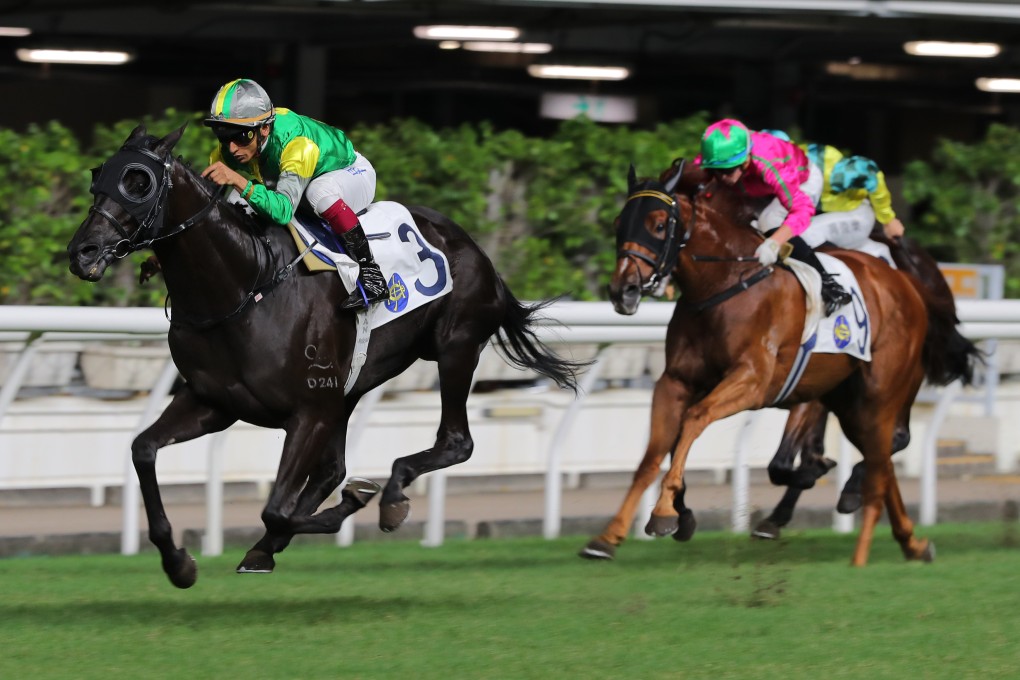Editorial | Horse racing season another win for Hong Kong
- Boasting its third record turnover in a row, the sport continues to flourish in Hong Kong, benefiting charities, government coffers and responsible punters

The pandemic decimated Hong Kong sport, causing numerous events to be cancelled. Thankfully, the sector is recovering with flagship competitions from the Rugby Sevens to the marathon back on the agenda.
Horse racing, a favourite Hong Kong pastime, was not immune, and it was sad to see race meetings, for a time, held behind closed doors. It is, therefore, impressive that a record turnover from racing has been reached for each of the past three seasons.
The final race meeting of this season took place amid the pre-typhoon wind and rain at Sha Tin on Sunday. But race fans were not deterred, and bets worth more than HK$2 billion (US$256 million) were placed.
A record turnover of HK$141.1 billion for the season, slightly up on last year, was recorded, with 88 race meetings. While local interest remained high, the Hong Kong Jockey Club’s simulcast programme continued to grow, featuring 299 overseas races.
The Longines Hong Kong International Races, in December, were a highlight of the season, drawing more than 45,000 fans, the biggest attendance since before the pandemic.
